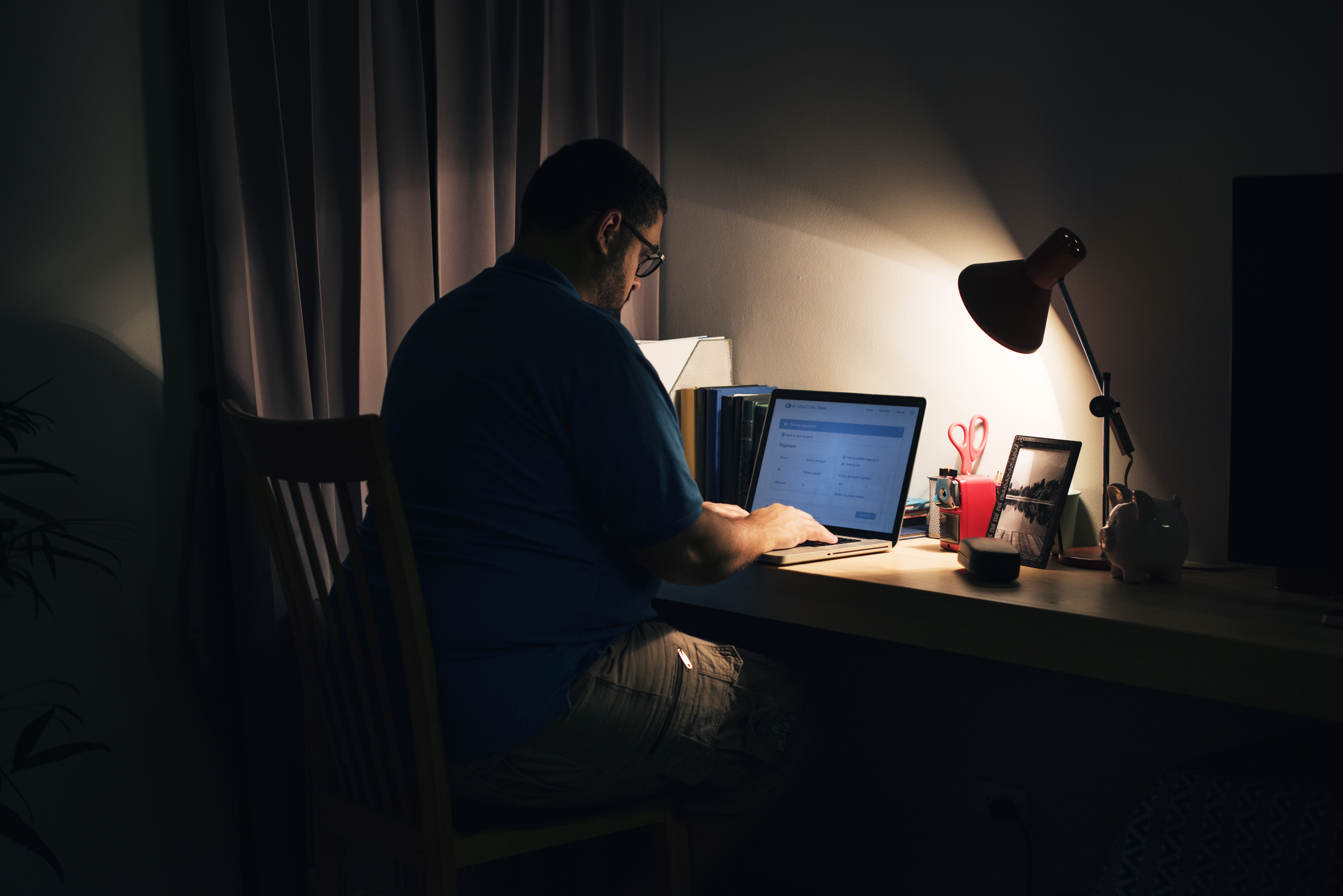Everyday Habits Secretly Robbing You of Sleep (Are You Doing Them?)
15. Lack of Morning Sunlight: Dimming Your Internal Clock

Exposure to natural sunlight, especially within the first hour of waking, is vital for anchoring your circadian rhythm. Morning light signals your brain to suppress melatonin (the sleep hormone) and sets the timer for its release later that evening. If you spend your mornings in dim environments or rarely step outside, your internal clock might drift, making it harder to feel sleepy at the appropriate time later that night. Try opening curtains immediately or taking a short morning walk.
16. Evening Screen Time: The Blue Light Burden

That seemingly harmless scrolling through your phone, tablet, or watching TV before bed is bathing your eyes in blue light. This specific wavelength is particularly effective at suppressing melatonin production, tricking your brain into thinking it's still daytime. This delays sleep onset and can reduce sleep quality. Try implementing a "digital curfew" at least an hour before bed, or use blue light filters and dim screen brightness if devices are unavoidable.
